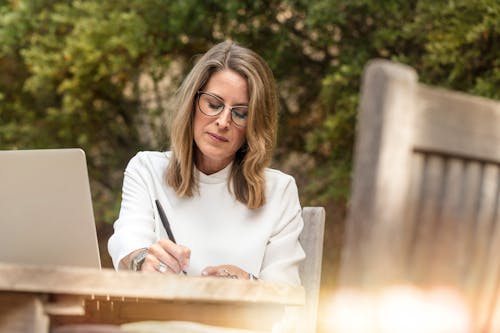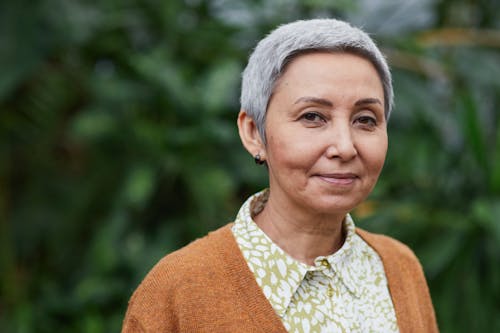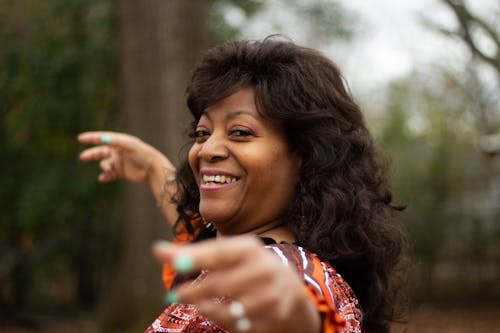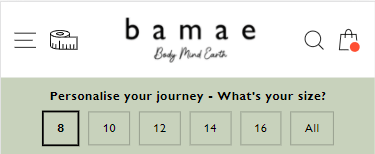In the pagan horror film Midsommar, a rural Swedish commune practice a tradition where their elders voluntarily jump off a cliff once they reach the age of 72. In the dystopian Logan’s Run, everybody is fitted with a timer, which indicates that they will be killed when they hit 30. Meanwhile, in the real world, women are proverbially slaughtered – by the media, their cohorts, and themselves – for displaying the inevitable signs of aging.

It’s certainly worth criticising the preposterous tendency of tabloids to mock celebrities (aggressively, obsessively with female celebrities) in then and now photo comparisons, which aim to demonstrate how, for example, Sarah Jessica Parker has gone from 90s It Girl to primordial fossilised amphibian (She’s 56, without any major plastic surgery – she’s doing just fine).
However, the most notorious way this attitude manifests itself is in the normalisation of cosmetic procedures. Even before women are made to feel they are past it, they are subject to a constant stream of images in the fashion, entertainment and advertising industries that present an increasingly impossible to attain ideal. Though these have undoubtedly become more inclusive, accounting for different ages, colours and sizes, the social climate does not feel any more forgiving now than in the heyday of Playboy. Online communities have, if anything, picked up the slack from gossip mags and tabloids while incorporating the worst tendencies of online forums. Self-curated community social media platforms such as Tik-Tok, the bastard child of Instagram and the defunct Vine, are a maddening melting pot of obscene trends that blur the line between the funny and the idiotic, self-empowering and self-debasing. I understand the unfiltered, trend-centric nature of Tik-Tok is part of its appeal, but the fallout is that many of its more impressionable users are developing unhealthy obsessions with diet, exercise, and appearance as a result of ‘thinspo’, ‘glow up’ and ‘what I eat in a day’ trends, to name a few.

Filters (airbrushed images and self-applied) have also demonised the natural signs of imperfection, or age. It is now, dare I say, radical (or incredibly old-fashioned) to suggest that nobody really needs lip fillers, Botox or augmentation of any sort. At the same time, it is in many instances audacious for a woman to choose not to cover up her grey hairs and wrinkles, while still flaunting her body. Women’s younger selves are their perpetual reference point, while we are perhaps more understanding of the transitional nature of men’s bodies (arguably because they are seen as more practical and ‘gets the job done’... which is sexist in its own right). At the same time, youth is a commodity, but it’s not exactly like younger women are being appreciated for their more astute minds. There’s no getting around the fact that most men are attracted to younger women, but this is not an excuse to value women, of all ages, primarily on their looks, when these are hardly at the centre of families, friendships, academic and career achievements or basically the functioning of society. In fact, little would be different if we were all humanoid monkey creatures – thank you Planet of the Apes (1968).
What I find particularly crazy about this is that women are made to feel too old even in their thirties. I am not convinced that peak beauty is determined by biology – it is our media that has fostered a prurient obsession with teenage girls and women in their twenties.
Reclaiming grey
At least we can celebrate grey coming into vogue – a rejection of our readiness to dye. According to a recent poll, 82% of women opt to dye their hair, with 5% spending more than £50,000 on hair-colouring products over their lifetime. It is clear that this is once again a case of societal standards, since men do not worry about going grey to anywhere near the same degree as them (though they do have to worry about male pattern baldness). For many women, those initial sprouting grey hairs are a source of panic, leading to plucking (not a good idea) and immediately reaching for the box of dye. Not to dunk too much on dyeing – it is an ancient practice after all, and it can help make people feel more confident.
Still, it is a misconception that grey hair does not look good. Does it make you look older? Well, yes, a lot of the time. But it does not diminish looks as you might believe. On the contrary, a hair colour and style that is incongruous with your appearance can be jarring. Younger women shouldn’t worry about looking ‘old’ because they are prematurely greying, unless they have otherwise aged from stress or their lifestyle (smoking, for example). At the same time, older women shouldn’t flee the inevitable reality of greying for fear they will lose their looks. Grey hair is beautiful because it is natural – besides, excessive colouring and bleaching can dry and damage hair. We need to ditch the stigma around aging because it happens to all of us. As ever, it is our confidence in our appearance and capacity for self-compassion that will make us socially appealing, not our inept attempts at staying superficially young. Of course, it doesn’t hurt to look after your hair whatever the colour.

The problem with ‘aging gracefully’
On the other hand, we should be careful about striving desperately for mature beauty. There is an inherent judgement in the idea that women should ‘age gracefully’ even if it is well-meaning, because the implication here is that there is a right way to age (as in retaining your looks), that aging is a repulsive phenomenon that must be slowed down at all costs. And it really is at all costs since the celebrities we often think have aged gracefully (let’s not name any names) live very comfortable lives and have splurged unimaginable sums on cosmetic procedures.
Looks fade. We get old, fat, grey and lose our hair. We get wrinkles, we grow hoarse and irritable and things sag. Such is life. Let’s not disguise appreciation of the few who pull it off as empowerment.
Our quality of life, in contrast to this, does not need to diminish as we grow older. It is particularly sad that women in their 30s, in their 40s who are very much still in the prime of their lives feel left on the shelf. Though finding a partner will inevitably be more challenging for singles past 30, there is nothing to stop them being satisfied with their lives – finding a career they enjoy, having a social life, feeling confident about how they look.
There is also a problem here with the pressure placed on women to have kids and be hyperaware of their ‘biological clock’ – ironic, since postpartum bodies are seen as less attractive anyway. Of course women physically undergo a transformation when having kids – this doesn’t warrant judgement on their bodies. This is an issue intersectional with the question of how we view age, and it’s telling that you can’t really win whether you have kids or not, whether you retain some semblance of your looks or your appearance changes completely. However, I do feel everybody has the power to feel good about themselves regardless or their appearance by owning it.
That’s my message to you. A lot of people (younger particularly) may never own a house, but they can damn well own their looks. And even if you’ve already spent most of your life chasing everlasting youth, it is never too late to say fuck it and embrace your natural self. I’m not sure that will be published, but it is a irrevocable truth regardless.




